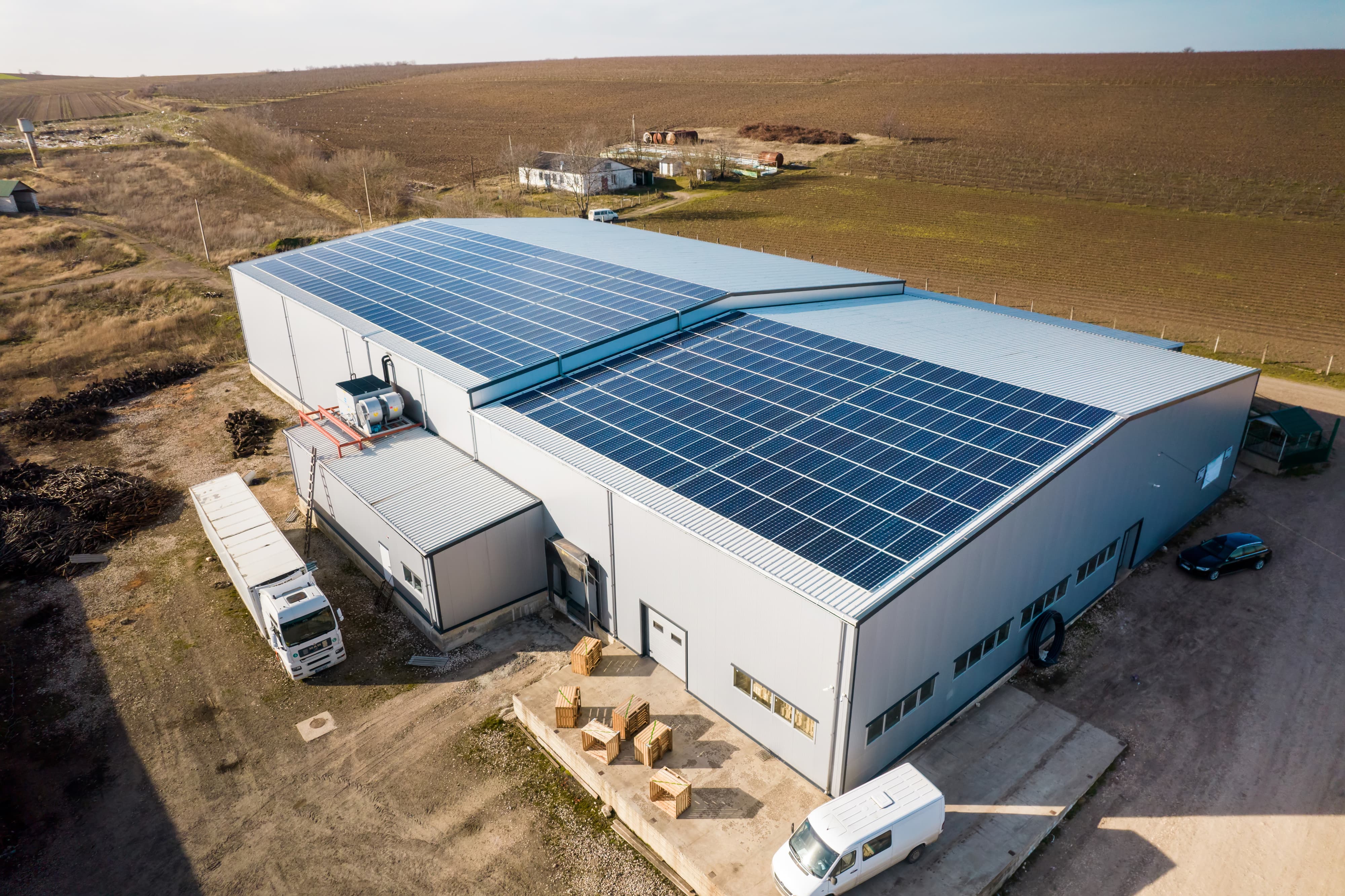Integrated Community Energy Planning

ICEP Overview
The Integrated Community Energy Planning (ICEP) process will bring together electric utilities, local governments, vital community facilities, and community members to develop a community resilience plan identifying hotspots of greatest energy burden, disaster risks, threats to security and systems, long-duration outages, and grid congestion. The effort will develop a replicable pilot and scalable model for viable and innovative energy planning that meets the needs of local communities.
The ICEP process uses data-driven studies, combined with a community-informed approach, to enhance community resilience by planning for a network of local microgrids. The ICEP planning effort will help communities identify and prioritize ways to best support community energy needs during times of distress.
In June 2025, the Louisiana Department of Conservation and Energy (C&E) opened a funding opportunity for ICEP grants. Applications were due on August 14, 2025, and selected communities are expected to be announced in the fourth quarter of 2025.
-
Community Planning Phase
- Needs Identification. Support communities to identify their set of prioritized resilience needs.
- Coordinate Planning. Engage local governments, utilities, and key stakeholders at the local level to coordinate electric grid resilience planning.
NOFO opened in June 2025 and closed on August 14, 2025
-
Statewide Needs Identification
- Resilience Planning. Anticipate future challenges for reliability, resource adequacy, and resiliency based on load growth, storm trends, capabilities, and constraints.
- Bring it all together. Collect input from the community planning phase to inform the statewide resilience strategy and shape HERO hub solicitation priorities.
Launching Late 2026
Traditionally, energy resilience planning has focused on grid infrastructure, such as wires, poles, and equipment. ICEP is focused on the people of Louisiana by identifying the key needs of service beyond the electric meter.
